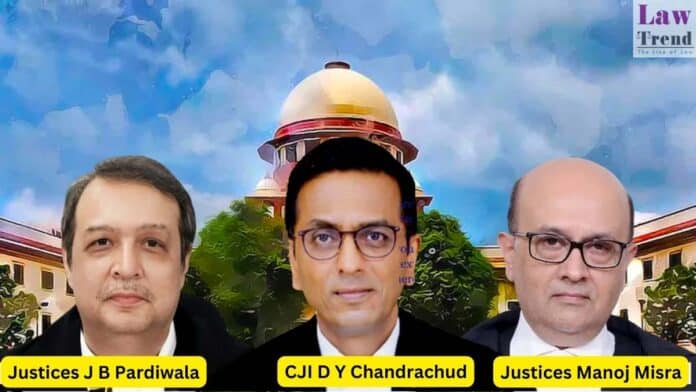The Supreme Court of India announced on Tuesday that it will review a plea challenging the Bombay High Court’s decision, which upheld a ban on the wearing of hijabs, burqas, and naqabs inside the campus of a Mumbai college. The contentious verdict was issued by the Bombay High Court on June 26, which supported the Chembur Trombay Education Society’s N G Acharya and D K Marathe College in implementing the ban, stating that such rules do not infringe upon the fundamental rights of students.
The high court had justified the dress code as a measure to maintain discipline, asserting that it aligns with the college’s fundamental right under the Constitution to “establish and administer an educational institution”. This decision has sparked significant debate about the balance between institutional policies and individual rights.
The plea for an urgent hearing of the appeal was brought before a Supreme Court bench consisting of Chief Justice D Y Chandrachud and Justices JB Pardiwala and Manoj Misra, highlighting the immediate relevance with unit tests at the college set to commence shortly. Lawyer Abiha Zaidi, representing the petitioners including Zainab Abdul Qayyum, emphasized the urgency of the matter.
Previously, the Supreme Court had encountered a split decision regarding a similar hijab controversy in Karnataka, indicating the complex legal and ethical dimensions of such bans. Justice Hemant Gupta had upheld the ban, whereas Justice Sudhanshu Dhulia had opposed it, underscoring that there should be no restrictions on wearing hijabs in educational institutions.
Also Read
The Bombay High Court in its ruling dismissed the claims that the dress code violated constitutional rights such as the freedom of speech, expression, and the freedom to practice religion as laid out in Articles 19(1)(a) and 25. It also rejected the argument that wearing a hijab, naqab, or burqa is an essential religious practice, lacking sufficient evidence to support this assertion.




